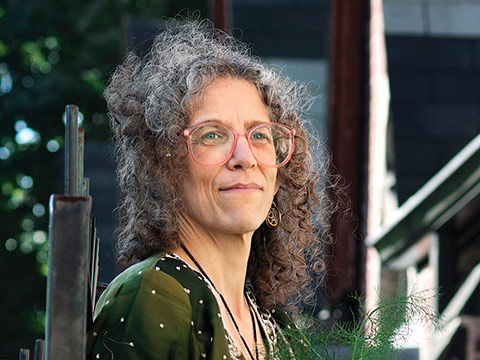Sometimes people ask me why I decided to become an Anglican priest relatively late in my life (I was ordained a priest in 2012, when I was 50 years old), but that’s not really a question I can answer in the form in which it’s asked – not only because I’m not sure I ever decided, as such, to do this but mostly because I was aware of the drawing towards this, the vocation to priestly ministry for about three decades, since I was baptized at the age of 19. The only thing I’ve been aware of for longer is my vocation as a writer, which has been a part of me from the earliest point at which I could form coherent thoughts about myself, and which was my first and most important occupation for most of my life.
And I think that none of this is accidental; I think that being a priest and being a writer are vocations which have some deep similarities. First of all, both are the occupations of generalists; they require you to know a little bit about everything. As a writer, I have had to learn about simultaneous interpretation, the physiology of gunshot wounds, international criminal law, how much teenage girls used “random” in 2002, and how to climb onto the roof of Toronto’s City Hall. As a priest, I have needed to know about basic first aid, contemporary trends in postmodern theology, the best route to the wildlife hospital, patristic Biblical interpretation, how to get wax off a shirt, the poetry of Philip Larkin, the locations of all the emergency shelters in downtown Toronto, and how to anchor a bronze statue in the ground, among many other things.
But more significantly, both are a calling to profound responsibility, to a stringent discipline of attention and accuracy; it is essential to notice the world, in all its complicated detail, and to notice those around us, in their even greater complexity. And both are governed (or should be governed) by deeply countercultural values that require us to set aside ideas about success or “importance.” Both link us to communities that exist across space and time, communities of language, thought and faith. And both will compel us to go into some of the darkest places of the street and the psyche, knowing that we can probably do little good there, but that we must, at the very least, bear witness.
I have often thought in fact, that writers – artists in general – understand much more about sacrifice, about what you must give up to answer a calling, than most religious people in our society these days ever do. Voluntary poverty, obscurity and the daily hopeless struggle to create some kind of meaning out of the random fall of particles; this is what being an artist is, almost necessarily, about. It should be what being a Christian is about, but I’m not sure most modern Christians are very comfortable with that idea. Maybe we should take some lessons from the artists in this.
Sometimes I think I’m best known not as either a priest or as a writer, but as a social justice activist. It shouldn’t be newsworthy that someone who’s involved in faith and the arts is also working on issues of urban poverty or environmental justice or violations of indigenous treaty rights. It ought to be perfectly usual, because none of these things are separable from faith, or from that care about the world which art involves. It should flow necessarily out of the careful attention that both writing and faith demand: Writers – and priests – are committed to a discerning and precise sort of mindfulness which implies responsibility. We must be aware of the world and its languages, both spoken and unspoken, and because of that we can’t help but be aware of the pain of the world. Some writers address that pain through their writing only, through the attempt to preserve some kind of vision in the ruins, to construct something upon which to rejoice out of the wreckage. For some reason I’ve always needed to address it through political action as well. Being a priest, too, takes you into the heart of that pain, and the need to speak to it, whether that speaking is comfort to the afflicted, or affliction to the comfortable, or a bit of both.
Rev. Maggie Helwig (MDiv 2011 TRIN) is the rector of the Church of St. Stephen-in-the-Fields in Kensington Market. Her most recent novel is Girls Fall Down.
Recent Posts
For Greener Buildings, We Need to Rethink How We Construct Them
To meet its pledge to be carbon neutral by 2050, Canada needs to cut emissions from the construction industry. Architecture prof Kelly Doran has ideas
U of T’s 197th Birthday Quiz
Test your knowledge of all things U of T in honour of the university’s 197th anniversary on March 15!
Are Cold Plunges Good for You?
Research suggests they are, in three ways




